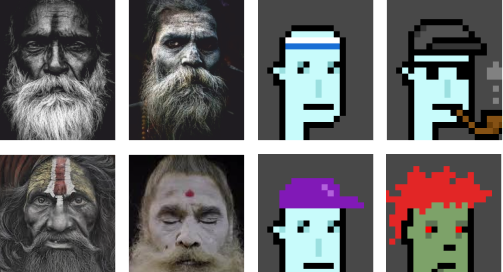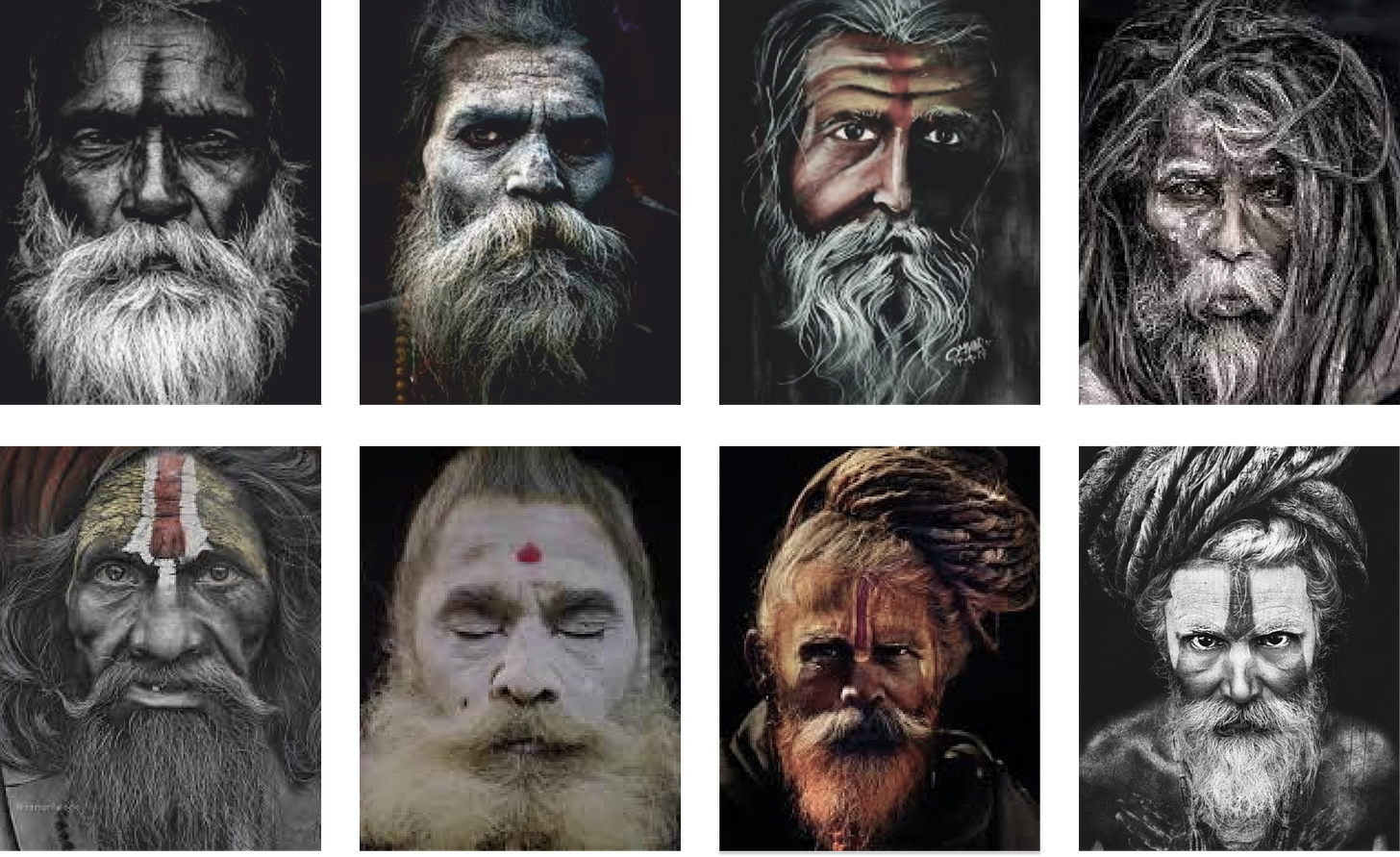For someone who enjoys new technologies and novel ways of solving problems, something about the whole Web3 movement has been hard to swallow. The crux of it is that the technological shift is driven by a belief system rather than utility or a long-awaited breakthrough. No technology in history has gathered adoption driven purely by a belief system. Web3 might be the first digitally-native religion, and Crypto the first digitally-native orthodox group.
Religious orthodoxy is a fascinating manifestation of human desire for meaning and purpose. There are many groups that come to mind, but one the purest of this form are the Aghoris of India. They challenge traditional religious beliefs, perceptions and way of life. The foundation of their belief system is seeing everything as pure, no matter how dirty or gross it may be. Aghoris believe that every person's soul is Shiva (the supreme being), but is covered by aṣṭamahāpāśa (eight great bonds) - including pleasure, anger, greed, obsession, fear and hatred. The practices of the Aghoris are centered around the removal of these bonds.
They denounce personal identity for that of the group. Aghoris do not cut their hair, they cover themselves in the ashes of the dead and have practices that would seem abnormal to almost anyone else. They have a very distinct visual persona:
Aghoris are an adopted identity, you cannot be born as one - you can only get ‘initiated’ by another Aghori guru into its way of life. Becoming an Aghori brings a new identity, purpose and belonging to these people. This group dynamic and the resignation of personal identity and replacing it with one of the group might seem familiar:
The Web3 crowd are ideologically devoted to building a digital world focused on the removal of greed, power, supervision and censorship. It’s giving digital natives a new identity, purpose and belonging - much like the Aghoris.
There are however some hard challenges, spiritual even, in doing this while removing these powers from internet utilities (Twitter, Facebook, Google etc..) that are providing value to society. These utilities have figured out how to provide their service for ‘free’, while wrangling the challenges of operating at web-scale and with oversight of global regulatory, governance, compliance, economic and fiduciary frameworks of public companies. They’re not perfect and have plenty of flaws, but these frameworks cannot be replaced by distributed ledgers and governance.
The pendulum will indefinitely swing between centralised and decentralised governance and systems. However, real and tangible innovation is happening behind-the-scenes with technical breakthroughs in new interfaces, modalities and capabilities driven by software - including AI, robotics, language models, composable software, increasingly granular APIs and large scale compute infra becoming broadly accessible at lower price points. The directional trend of software seems to be:
→ Composable primitives
→ Data access/sharing protocols
→ Systems that can understand this data
→ Granular APIs for automated workflow-processing
→ Large-scale compute that can be commanded on a whim
This paints the beginning of a new paradigm that empowers people to do fairly complex engineering of whatever they want without limitations and with relatively marginal effort. I don’t have a full clear picture of what this looks like - but it will definitely require us to rebuild our current understanding of computers, software and the role we play as humans in the fastest growing economic activity and occupation of the modern human: knowledge work and perhaps a slightly lesser extent, software engineering.
These seem more likely to drive the next iteration of the internet ecosystem than innovation backed by ideology alone with no new practical paradigms to show for besides rebuilding existing systems without concentrated ownership.
- Tariq
@tariqrauf





